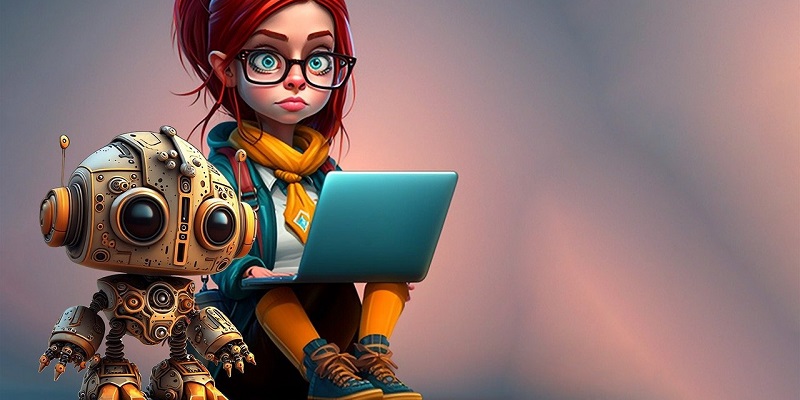The increasing adoption of AI technology in the workplace has sparked a significant shift in the way businesses operate. This article explores the advantages and potential drawbacks of integrating AI into the workforce, specifically focusing on the effectiveness of consultants using AI. With the emergence of AI-powered tools like ChatGPT-4, consultants have witnessed a substantial improvement in their productivity and performance compared to their non-AI counterparts.
Increased Efficiency and Productivity
The statistics speak for themselves – consultants utilizing AI have outperformed their non-AI peers by a wide margin. In a recent study, it was found that consultants using ChatGPT-4 finished an impressive 12.2% more tasks on average. Moreover, they accomplished these tasks 25.1% more quickly, resulting in a significant increase in overall efficiency. The quality of their output was also commendable, with a remarkable 40% boost in the excellence of their work. What makes AI truly transformative is its ability to level the playing field, helping lower-performing consultants improve their performance to match that of top performers.
Potential Impact on Workforce
The integration of AI into the workforce has the potential to revolutionize the way companies operate. By leveraging AI technology, organizations might discover that they can achieve more with the same number of employees, leading to enhanced productivity and even higher revenues. This efficiency allows highly skilled workers to focus on more specialized tasks that AI cannot perform, resulting in a workforce with a broader range of skills and expertise.
Impact on Job Exposures
An analysis of the exposure of jobs to AI’s impact, often referred to as Gen AI, reveals that approximately 20% of jobs are considered highly exposed. This highlights the significance of embracing AI technology and its potential to transform the way we work. However, it’s essential to carefully navigate this transformation, ensuring a balance between technological integration and preserving job opportunities.
AI’s Role in Work Improvement
AI plays a crucial role in helping individuals improve their work performance. By providing real-time suggestions, feedback, and guidance, AI can assist employees in delivering their best work. With the capability to handle a diverse range of tasks, AI proves to be a valuable asset in augmenting human capabilities and streamlining workflows. From data analysis to customer support, AI is capable of performing various work tasks, freeing up valuable time for employees to focus on more complex and high-level responsibilities.
AI as an Advisor and Decision-Maker
The effectiveness of AI as an advisor is exemplified by Claude, a chatbot designed to provide feedback on a board slide deck. Remarkably, Claude’s feedback was nearly as good as that of a human board member. This demonstrates the potential for AI advisors to not only augment human experts but also partially replace their role in evaluating complex decisions. With further advancements in AI technology, it is conceivable that AI advisors could soon become integral parts of decision-making processes.
Dependency and Weakening of Human Skills
While the efficiency and capabilities of AI are undeniable, there are concerns about the potential downsides of overdependence on this technology. Relying too heavily on AI’s efficiency can potentially weaken human skills and judgment. It is essential to strike a balance between leveraging AI’s capabilities and preserving and nurturing human cognitive abilities. Companies must be mindful of providing appropriate training and development opportunities to ensure employees continually evolve alongside AI advancements.
The integration of AI in the workplace has proven to be a game-changer, enabling consultants to achieve remarkable levels of efficiency, productivity, and quality. However, it is important for organizations to approach this transformation with caution, considering the potential impact on the workforce. While AI acts as a skill leveler and an invaluable asset, it should never replace the unique capabilities and critical thinking of human workers. Striking the right balance between AI integration and human skills will lead to a workforce that thrives in the era of AI, ultimately benefiting both companies and employees alike.

